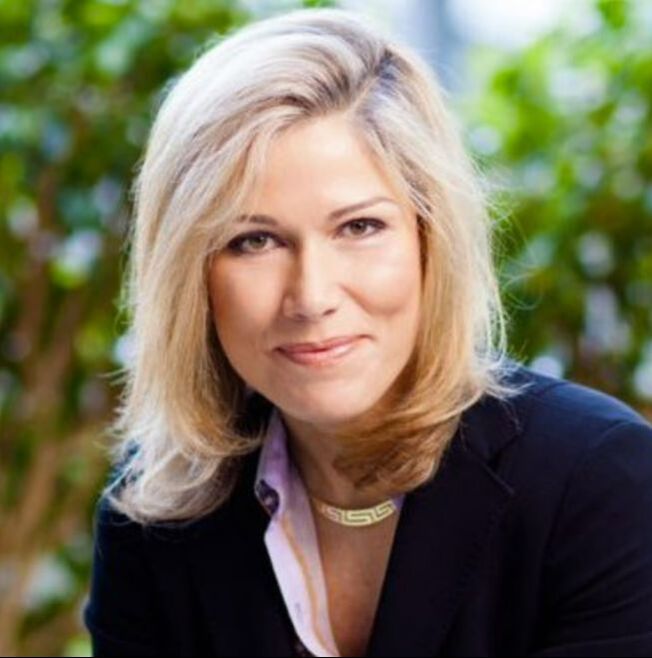Applying Data Science to Investment Strategies


Founder and CEO of Systematica Investments
About this episode
Leda Braga is founder and CEO of Systematica Investments, a hedge fund known for using data science-driven models to support its investment strategies. She explains how systematic investment management is data science applied to investment and how she believes it is the future of the financial industry.
Highlights
Leda Braga is the founder and CEO of Systematica Investments, a hedge fund that uses data science-driven models to support its investment strategies. Leda was born and raised in Brazil and found her way into the financial sector after getting her PhD in engineering and spending several years as an academic.
Her financial career started with seven years in investment banking at JP Morgan and then she joined the hedge fund startup BlueCrest in 2000. She explains that while her funds did very well during the 2008 financial crisis, the time felt like an existential crisis because you didn’t know if the major investment banks were going to survive. But she said it was a formative time and she learned many lessons. Several years after the financial crisis, she spun off her own firm, Systematica Investments focused on systematic trading.
Leda explains that systematic investment management is data science applied to investment. The systematic approach makes the investment process less reliant on the random nature of forecasting and more reliant on risk control in portfolio construction.
Both discretionary traders and systematic traders are looking at information to try to make decisions. Those who do it on a discretionary basis tends to look at the data and make a decision to make money on a trade. Those that look at data on a systematic basis build data-driven processes for trading strategies for certain risk profiles and preferences that will produce consistent returns over time. She says the responsibility weighs heavily on her to ensure a good return because people’s pensions are part of the money her firm manages.
While she believes strongly in the power of leveraging data science in investment, we’re not yet at a point where AI allows us to do “autonomous investing” because there’s a large element of randomness in markets and relatively sparse data so learning algorithms have limited use. She says that the only way it might be possible is if you’ve compartmentalized and narrowed the scope to the extent that you have a controlled amount of randomness. Learn more about Leda and systematic investing in her 2018 WiDS presentation, When Data Science is the Business.

About the Host
Margot Gerritsen
Stanford Professor [Emerita] Margot Gerritsen is the Executive Director and co-founder of Women in Data Science Worldwide (WiDS) and born and raised in the Netherlands. Margot received her MSc in Applied Mathematics from Delft University of Technology before moving to the US in search of sunnier and hillier places. In. 1996 she completed her PhD in Scientific Computing & Computational Mathematics at Stanford University and moved further West to New Zealand where she spent 5 years at the University of Auckland as a lecturer in Engineering Science. In 2001, she returned to Stanford as faculty member in Energy Resources Engineering. Margot was the Director of the Institute for Computational & Mathematical Engineering (ICME) at Stanford from 2010-2018 and the Senior Associate Dean for Educational Affairs in Stanford’s School of Earth Sciences from 2015-2020. In 2022, Margot took Emerita status to devote herself to WiDS full time. Margot is a Fellow of the Society of Industrial & Applied Mathematics, and received honorary doctorates from Uppsala University, Sweden, and the Eindhoven University of Technology in the Netherlands. She now lives in Oregon with her husband Paul.
Connect with Margot Gerritsen on Twitter (@margootjeg) and LinkedIn.
Find out more about Margot on her Stanford Profile.

